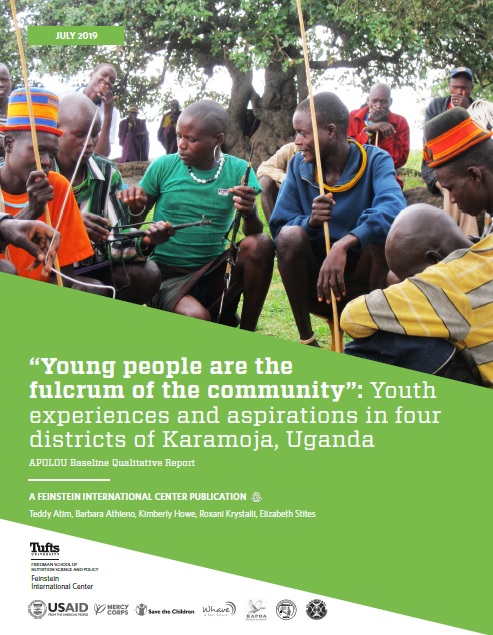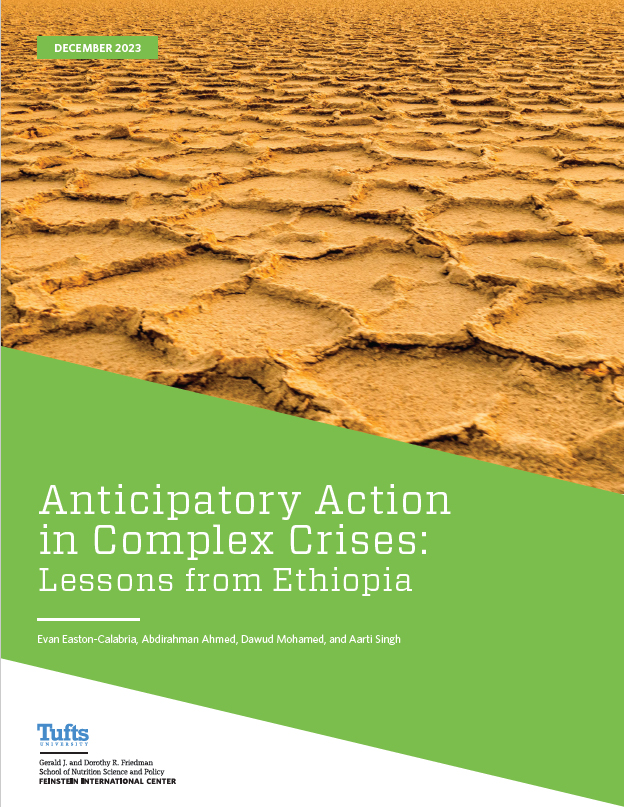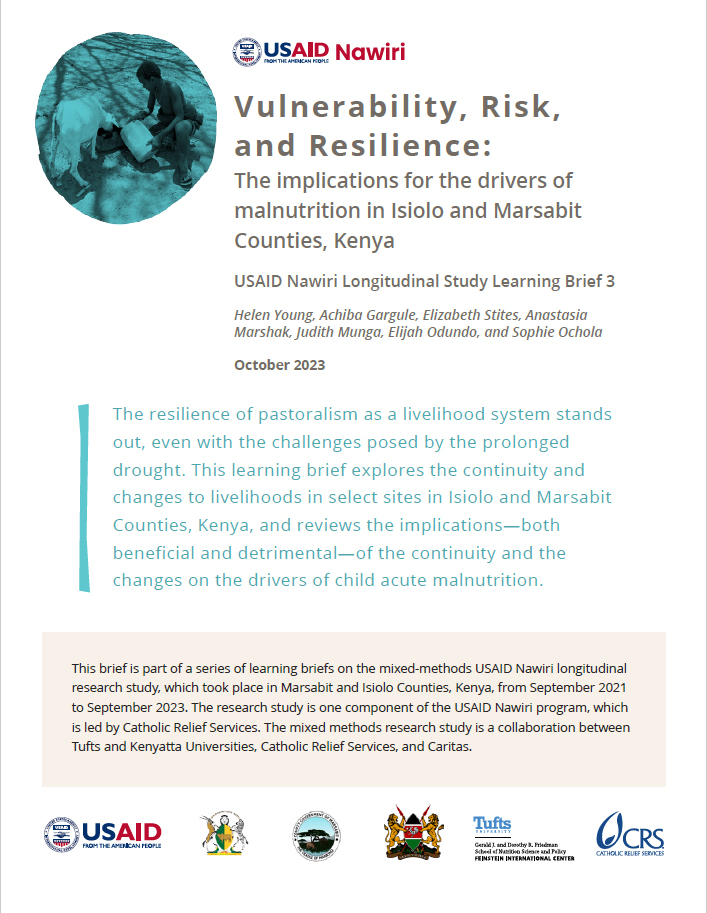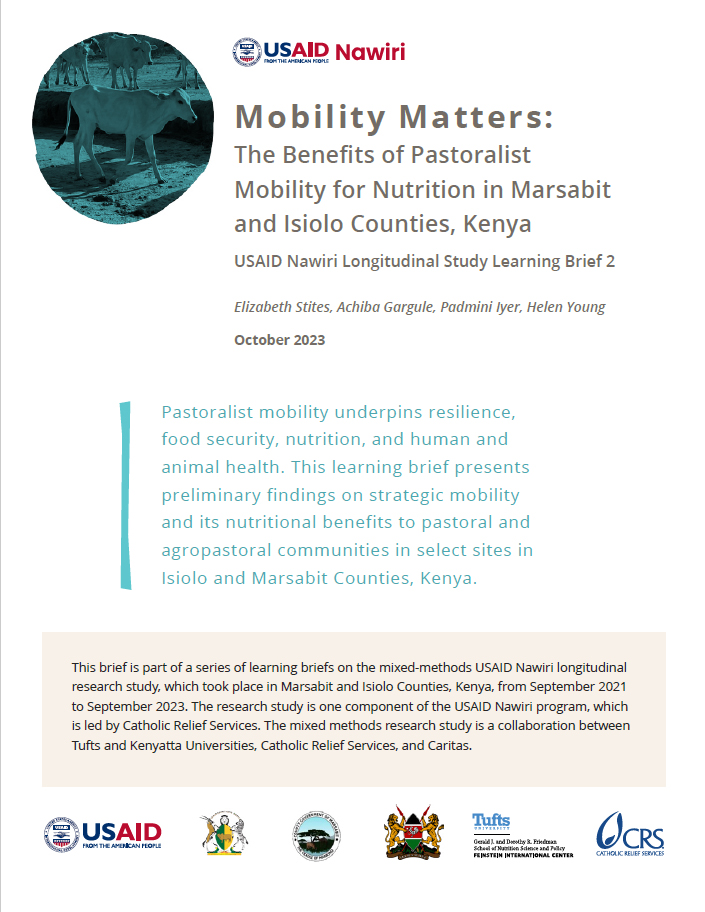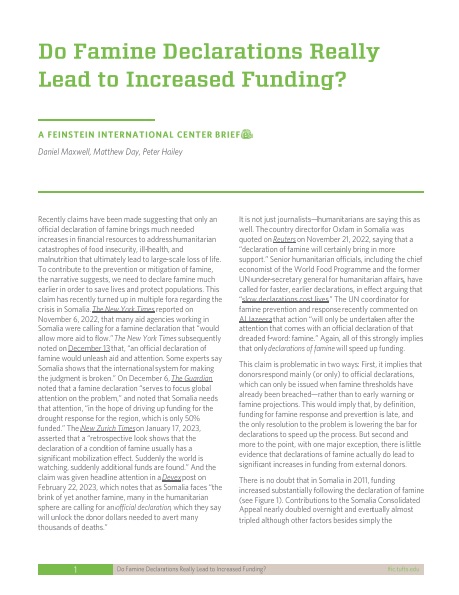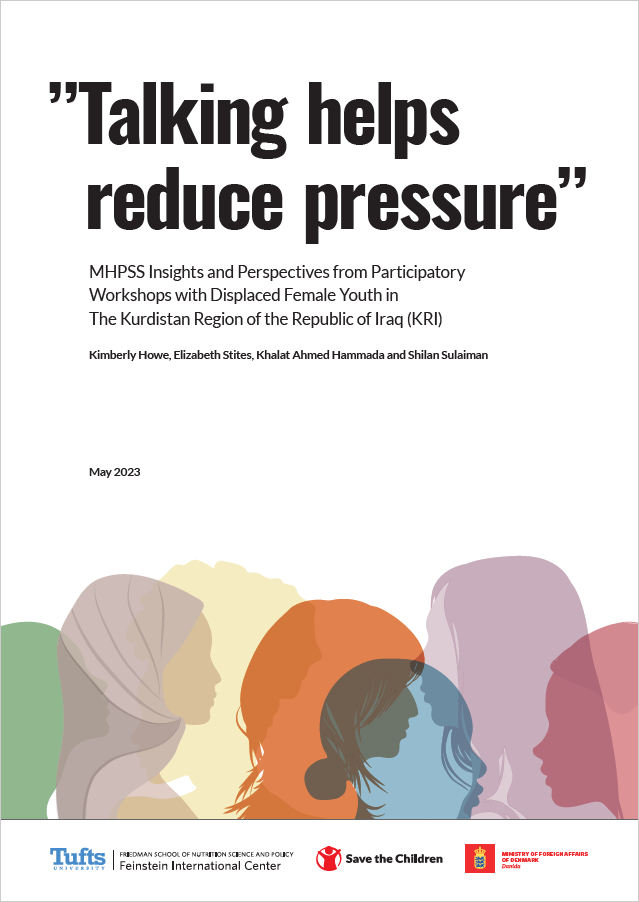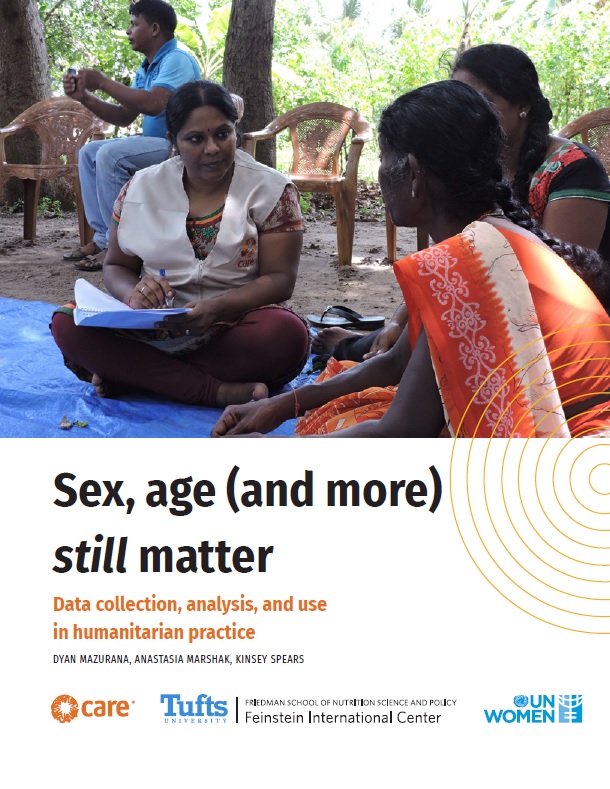This report presents findings on the experiences and aspirations of male and female youth as they interact with the economic and aid systems in the Karamoja sub-region of Uganda. This first report should be taken as a baseline against which to track change. This study will track the same cohort of young people (under the age of 30) over four years.
The findings draw from qualitative research, consisting of semi-structured in-depth interviews and focus group discussions (FGDs) conducted from November 2018 to January 2019 by a team from the Feinstein International Center, Friedman School of Nutrition Science and Policy at Tufts University in collaboration with Mercy Corps as part of the USAID/FFP-funded Apolou Activity.
The overall study, which also consists of a quantitative component, explores how the recent transformations in the Karamoja sub-region, including expansion of markets, increase in trade, and monetization, are affecting youth and their communities. We are particularly interested in how young people manage shocks, mitigate vulnerability, and seek to position themselves in their communities and broader society.

